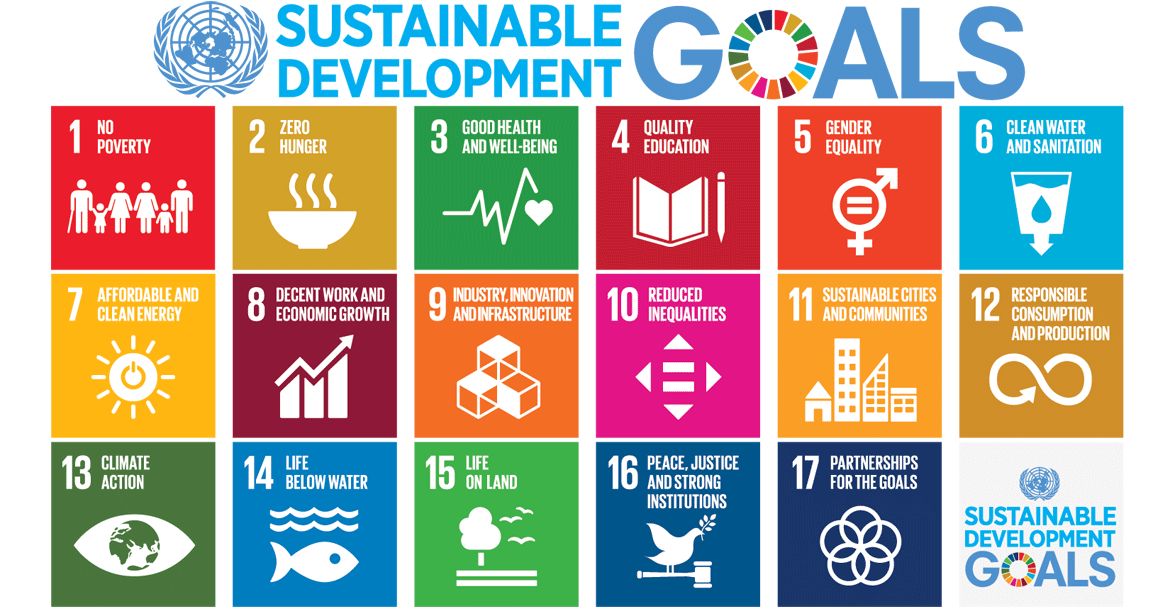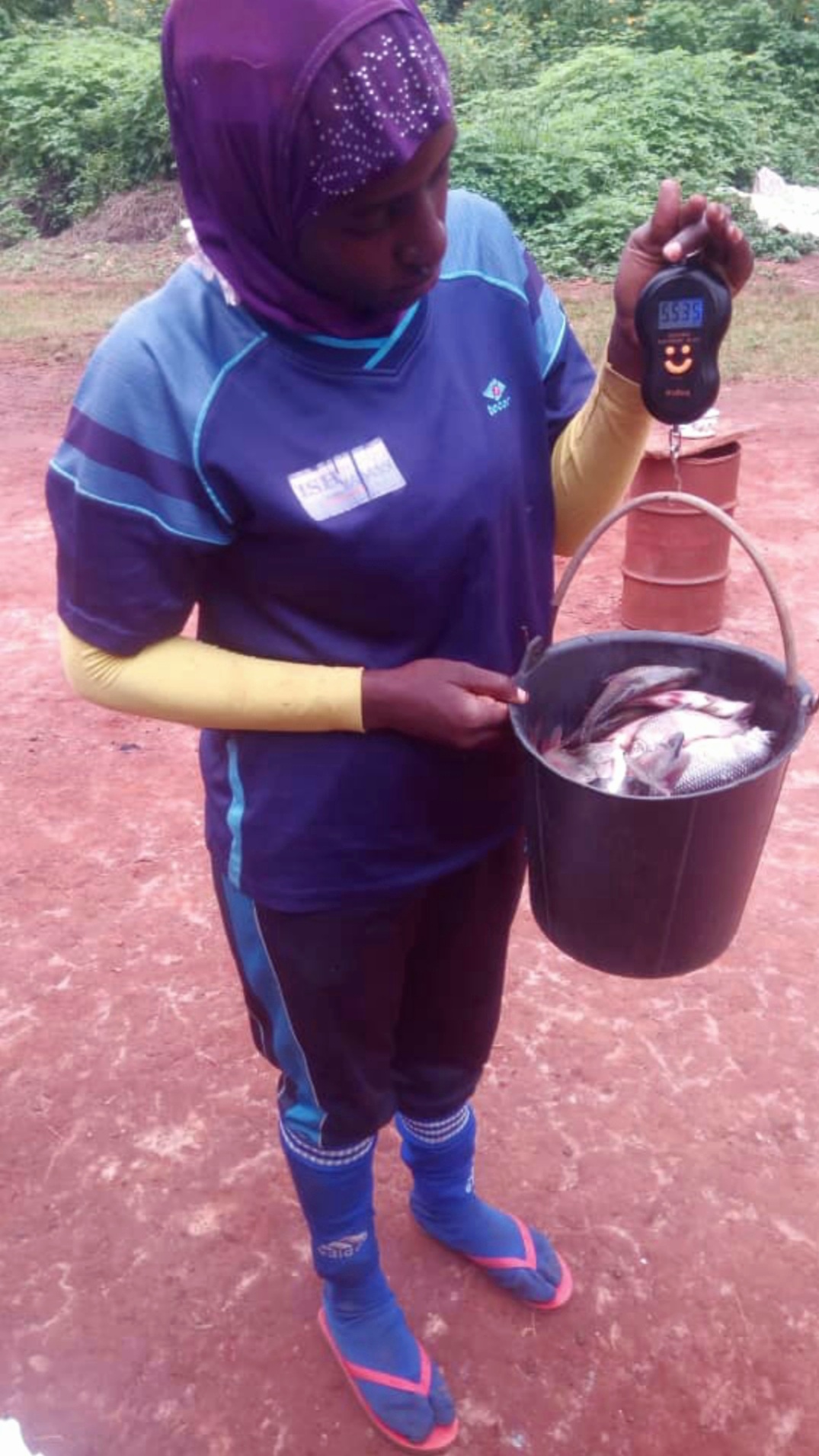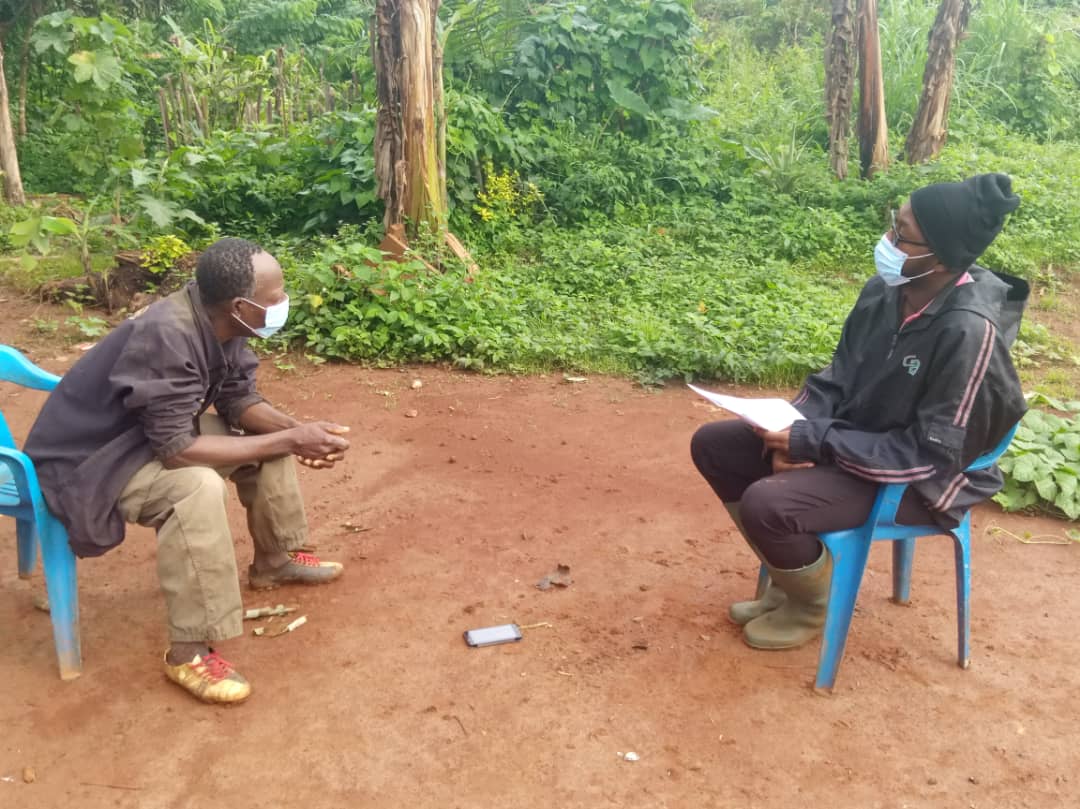Who Moved My Chair?: Maintaining Support in COVID-19 Times

United Nations’ 17 Sustainable Development Goals
The main way that we work is to support people to make changes from unsustainable to sustainable ways of development; ways that safeguard natural resources, including threatened ecosystems and the wildlife in them. It doesn’t matter if the work is in the UK or overseas, as long as we can contribute to the UN Sustainable Development Goals.
We have learned from many years’ experience that in order for support to be effective, empowering and enabling people to make their own decisions about the environment where they live is critical. One of the main ways of doing this is by listening to what communities want to say, the issues affecting them, and supporting them to identify ‘solutions’ to overcome barriers to change.
Whilst video technology can help us in our work, the reality is that nothing is better than face to face meetings with individuals or groups to really understand what is going on, and work together on action plans. Semi-structured interviewing (SSI) has been a bedrock for this, but how to carry out SSI in situations where there is a risk of spreading disease? The answer is … very carefully.

For people living beside a Protected Area, who have always relied on the resources found inside the Park, finding new ways of obtaining food – and especially animal protein – is a major shift. We know that change doesn’t come easily. Change is scary; it’s a fear of the unknown. But sometimes there is no other choice. As Spencer Johnson wrote in ‘Who Moved My Cheese?’, sometimes change is essential for survival, and if we don’t change, we face extinction.
Things might not be so bad as extinction, but there is a very real threat to humans’ health in eating wild caught ‘bushmeat’, exemplified by the transmission of disease from animals to humans that led to the dreadful pandemic facing the world today, so things have to change.
People in rural situations often recognise the dangers of eating meat obtained from wild sources, where there is no check on the diseases that the animals might be carrying. When COVID-19 hit Cameroon, the people living in villages such as Kolekol and Ekom were keen to avoid eating wild-caught meat. But what were the options? Left on their own, without support, change would have been difficult. One of the organisations they turned to was Fondation Camerounaise de la Terre Vivante (FCTV), an NGO specialising in supporting the conservation of natural resources and sustainable development. FCTV is our key partner in Cameroon, and we have been working with the communities living alongside protected areas since 2003.

A socially-distanced interview
Continuing to engage with people to discuss the situation and options has been a critical part of our support. New ways of interacting have been introduced, although it has been challenging: the people in the villages are friendly and know FCTV staff well, traditionally welcoming them with hugs and the ‘Cameroon handshake’, where fingers are snapped at the end of the shake, and sharing food and drinks. Now there are new ways of interacting, making sure that social distancing is maintained, as well as the use of PPE.
We know it’s not ideal, but it enables committed organisations such as FCTV to maintain their support, helping people to shift to new, less risky ways of living. We have seen the increase in the number of people obtaining much of their animal protein and gaining income from the sale of sustainably caught fish. It’s amazing what can happen when we face the fear of change and try something new. Again, as Spencer Johnson wrote “The Quicker You Let Go Of Old Cheese, The Sooner You Find New Cheese”
[‘Who Moved My Cheese’, by Spencer Johnson (1998), is available from all good booksellers]
